 |
| Tree stumps, memories and joy division |
The day of my trip to Manchester, number two and i walked around Princeton,
stumbling upon a tree stump just off Library Place. Forty years earlier, Dad and I walked around
Princeton, resting on a similar stump on Library Place. After his surgery he was not strong enough to
walk much further than that, or even down the street. But the tree stump, of the seemingly dead tree, helped up rest along the
way. Dad was embarrassed he could not
walk farther. But it was ok. We just sat there. Now he’s gone. Yet, even now, i recall that stump and the ways t helped us build a decades long friendship. Now those memories, legacies and inadequacies, their
messy history lingers.
 |
| number two climbing on Mabel, our favorite tree |
Revolutionary
Politics in a non-revolutionary period
Lukacs
and Gramsci
Stanley
Aronowitz
After the Russian
Revolution and the defeat of Hungarian, German and Italian uprisings, the main
stream of the revolutionary Left adopted a politics of compromise with
social-democratic and liberal forces. The turn toward reformism was driven by
fear of fascism and by a loss of confidence that radical change was possible in
the most advanced industrial capitalist societies. But two Marxist theorists
and political activists attempted to come to terms with the new situation and
rejected the reformist line: Antonio Gramsci and Georg Lukacs. Their work was
independent of each other, but there are strong resemblances in their approach
to problems of revolution and political organization.
This course will
address the key works that attempted to forge new theoretical and strategic
paths for the Left. Lukacs: History and Class Consciousness, especially
Reification and Problems of Political Organization, and Tactics and Ethics.
Gramsci: Selections from the Prison Notebooks on political strategy, education,
intellectuals, the Southern Question and Philosophy. We will also consult
selected commentaries.
They
announced the closing during the class. Later, Colin
reported.
Benjamin
Shepard, a human services professor at the City University of New York, said
that he was inside the center on Saturday evening, participating in a class
centering on the Marxist theorists Antonio Gramsci and Georg Lukacs, when the
discussion was interrupted with an announcement of the closing. Mr. Shepard
said that those inside the center were stunned by the news.
“There we were, talking about
the need to maintain counterinstitutions of the left,” he said. “And meanwhile
the counterinstitution we were sitting in was crumbling around us.”
Some of my favorite
actions and talks happened there, Occupy
Broadway was conceived there, while Occupy the Pipeline direct action meetings
were held n the back. But this historical epoch does not make room for community
spaces. We have to fight for them and
create more.
I spend weeks listening
to the Smiths and Joy Division, watching 24 Hour Party People, getting ready
for the trip to Manchester for Spring Break. Some of my favorite music from Manchester, the
Stone Roses and the legendary Manchester beat transforming music. From Stone Roses to even the Bee Gees were from there.
I was there to speak at the Political Studies
meeting. The catalog for the
conference announced:
"Manchester changed the world’s politics: from vegetarianism to
feminism to trade unionism to communism, every upstart notion that ever got
ideas above its station, every snotty street-fighter of radical philosophy, was
fostered brawling in Manchester’s streets, mulls, pubs, churches and debating
halls. Before it fled to London in the 1960s and became ‘Islingtonised’, the
Manchester Guardian was Britain’s most radical liberal newspaper…Lydia Becker,
the daughter of a Chadderton chemical works owner, pioneered the notion of
votes for women with her National
Society for Women’s Suffrage, a movement later radicalized and turned into a
potent political agency by another Manchester family, the Pankhursts. The TUC
first met here in 1868. Vegetarianism in the western world began in Salford in
1809 when the Rev. William Cowherd persuaded his congregation to give up meat
and the concept swept Manchester; there were more vegetarian restaurants in the
1880s than today. The greatest military and economic super-power the world has
ever known spent half a century sweating nervously, armed to the teeth and
generally terrified of an idea born in Manchester, namely communism. Now that’s attitude!"
(Stuart Maconie, Pies & Prejudice, p. 113)
(Stuart Maconie, Pies & Prejudice, p. 113)
The
town itself is peculiarly built, so that a person may live in it for years, and
go in and out daily without coming into contact with a working-people's quarter
or even with workers, that is, so long as he confines himself to his business
or to pleasure walks. This arises chiefly from the fact, that by unconscious
tacit agreement, as well as with outspoken conscious determination, the working
people's quarters are sharply separated from the sections of the city reserved
for the middle-class; . . .
Such
is the Old Town of Manchester, and on re-reading my description, I am forced to
admit that instead of being exaggerated, it is far from black enough to convey
a true impression of the filth, ruin, and uninhabitableness, the defiance of
all considerations of cleanliness, ventilation, and health which characterise
the construction of this single district, containing at least twenty to thirty
thousand inhabitants. And such a district exists in the heart of the second
city of England, the first manufacturing city of the world. If any one wishes
to see in how little space a human being can move, how little air - and such air! - he can breathe, how little
of civilisation he may share and yet live, it is only necessary to travel
hither. True, this is the Old Town, and the people of Manchester
emphasise the fact whenever any one mentions to them the frightful condition of
this Hell upon Earth; but what does that prove? Everything which here arouses
horror and indignation is of recent origin, belongs to the industrial epoch.
This epoch created amazing things, horrible and amazing things, music, writing, social movements.
This was the topic of the conference.
But the real reason be in Manchester was to see friends and romp around the country. After a lifetime of Joy Division documentaries and Engels’ stories about Manchester, the industrial landscape, pubs, and music felt like I felt like familiar terrain as I arrived. Ian Curtis seemed to be everywhere.
This was the topic of the conference.
But the real reason be in Manchester was to see friends and romp around the country. After a lifetime of Joy Division documentaries and Engels’ stories about Manchester, the industrial landscape, pubs, and music felt like I felt like familiar terrain as I arrived. Ian Curtis seemed to be everywhere.
Welcome to
Manchester, a young woman noted as I walked off the train in Piccadilly.
A few of us from the conference joined the tour to the People's History Museum.
Glancing at the
alleys and decaying buildings, it felt like Morrissey was lurking behind every
corner.
My traveling companion was
James, a US ex pat, whose made a home for himself in Bruges.
We'd spend the next two days, exploring the city, listening to BBC1, romping about, taking in
the pubs, recalling past trips, swapping stories, eating curry, hanging in a
few of the trashy dance halls, and walking the streets, repeat.
By Wednesday morning James and I said goodbye and i jumped in a car to drive to South England. Managing not to get lost too many times or drive against traffic too much, the trip down the M5 from the second biggest city in England, past Gloucester, Bristol, Exeter and one town south of Truro, took little more than seven and a half hours. BBC1 jokes and tunes, top ten lists for summer songs and Matts debate (as opposed to Masturbate) kept me entertained.
The trees looked
more and more lively the further South we drove. The only crisis being that there are no
bathrooms in some of the gas stations.
By 6 Pm, I was making my way past the curvy old world
streets of a town which resembled something like the Amolfi Coast of
Italy or Carmel California, not far from Rob’s old romping grounds. But this was Falmouth Cornwall
England.
Rob greeted me
wearing a Harris tweed coat, easily taking on the British persona he had long disavowed
as a Southern California resident for something like decades. We’ve been friends since the first few weeks
of college in Claremont Ca, where he studied philosophy and psychology and I tried
to avoid such matters. Hs favorite move was "One Flew Over the Coo Coo's Nest," while mine was "Rocky Horror Picture Show." Rob didn't see the point of that choice, but over the years he's come around.
We spend the evening
making our rounds, talking about our respective books and teaching, and the
ways our worlds have changed, about luck and strategy, book projects and friendships,
romance and stories.
 |
| Glasses and tweeds: our academic uniforms |
Rob recalled my father, who he knew from the Long Beach days, when we'd all chat for hours, watching football. Rob seemed to understand him like few others have.
We talked about
ways to enjoy life for a minute and cemented another weekend of now over a
quarter of a century of adventures together, including the days swimming and hiking.
Walking I looked at the trees and asked Rob if he
talked to them.
I’m not as out
there as you Ben.
I know but why
not talk to the trees? They have life in
them. They are born from the compost and
the dirt, our remains, ashes to ashes, dust to dust, regenerating our pasts into
something new, holding us when we or they are down as they did for Dad and I in 1974, giving
as they did in Shel Slversten’s childhood story about a tree which lent everything it could throughout the days of the boys life. Some of Tolkein’s best lines
are about the Ents, talking moving trees. Our favorite tree in Princeton is named Mabel. Walking through the hill, along the coast of Falmouth, it was hard not
to feel like the trees were animated with
life and sport, giving us some of their life.
We strolled to
the docks, looking at the three working dry docs wondering what else was going
on in these boats, what they brought, and who remained below the hull, what kind
of labor, what kinds of goods they were carrying from parts unknown to this heterotopia
along the water.
 |
| last shots of the week before the battery ran out |
As the day wore on, Rob and I ate lunch and I headed on out, another chapter in a story of friendship
dating back over a quarter of a century to when we were both in college n Southern California. He drove us to Rugby matches, visited me in Dallas after Freshman year,
and we hung out in Sewanee Philadelphia, San Francisco and LA with James. He’d romped around with us before that friendship
took off through years of trips from New York to Los Angeles, through Italy and these trips to England. Along the way, our lives
stretched through the years with various roots connecting these cites, travels and memories.
Arriving
back home, the front cover of the Times revealed that
Gabo had died. I knew it was coming. He’d finished his memoirs, Gerald Martin, his
biographer had intentionally completed a first one volume of his soon to be
multi volume biography. i read early installments from it two decades ago. He taught me to see that realty was mutable, that
we all can look at the world from our own standpoint, as Marx long ago explained. Reading about his journeys into the labyrinth, i came to see there are wild stores we all can tell
and recall, write and create. We can fashion
our own world. We can create a new life
through these stories and fantastical ways of re imagining. My world changed the day
I dropped anthropology in favor of World Literature n Transition, in which Barry Sanders assigned Love n the Time of Cholera.
The process only continued when I sat on the couch to read 100 Years of Solitude. From the first lines i was hooked.
 |
| Barry Sanders who taught me to write. He was an inspaton for Rob and i. |
“Many
years later, as he faced the firing squad, Colonel Aureliano Buendía was to
remember that distant afternoon when his father took him to discover ice.”
Reading
it i learned that trees really can talk if only we listen to them, that there really are stories in the most obscure, even apparently inanimate places, even in the tree stumps, and in the puddles.











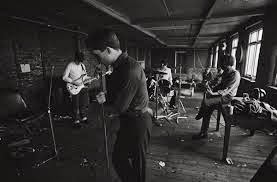





































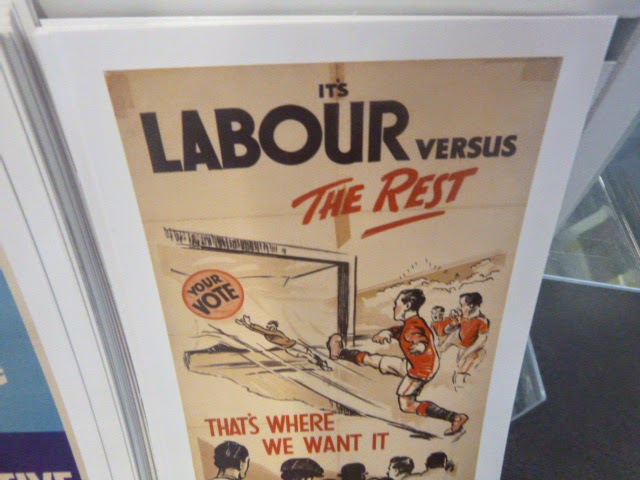




























































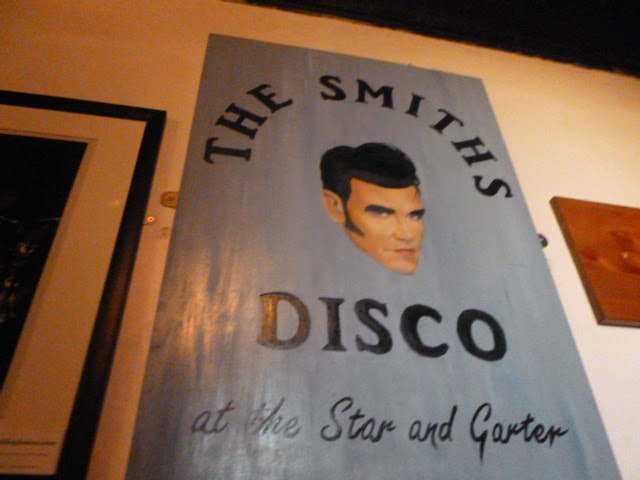











































































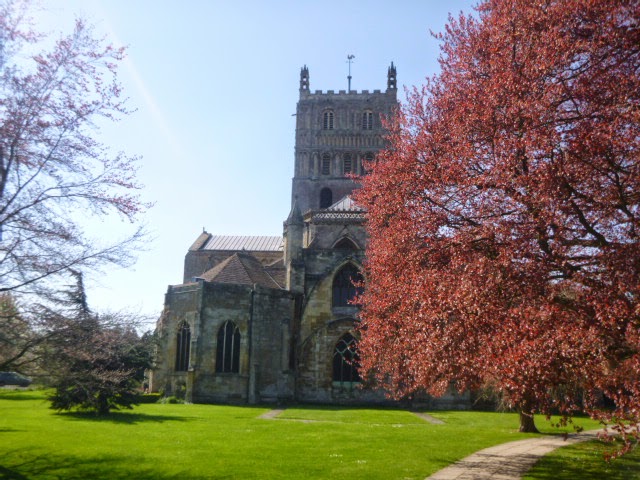




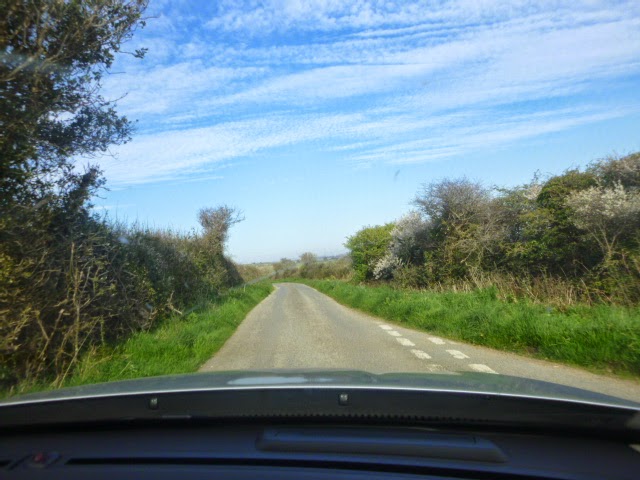

























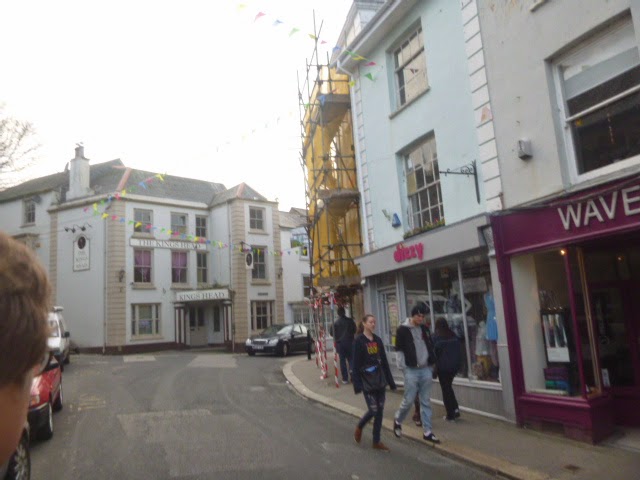





























































































































No comments:
Post a Comment